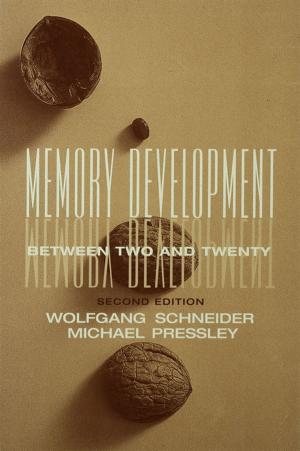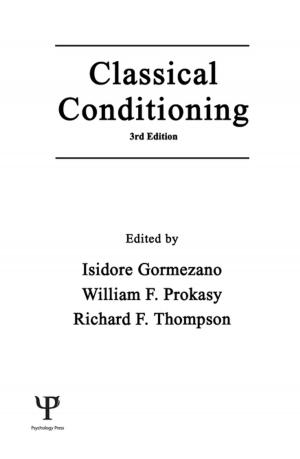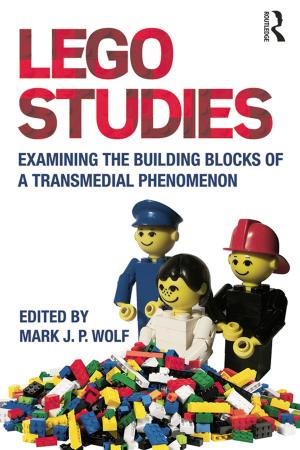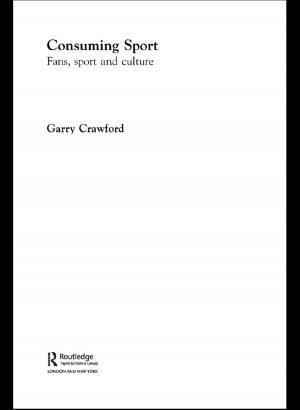Madness as Methodology
Bringing Concepts to Life in Contemporary Theorising and Inquiry
Nonfiction, Social & Cultural Studies, Social Science| Author: | Ken Gale | ISBN: | 9781351659277 |
| Publisher: | Taylor and Francis | Publication: | March 23, 2018 |
| Imprint: | Routledge | Language: | English |
| Author: | Ken Gale |
| ISBN: | 9781351659277 |
| Publisher: | Taylor and Francis |
| Publication: | March 23, 2018 |
| Imprint: | Routledge |
| Language: | English |
Madness as Methodology begins with the following quotation from Deleuze and Guattari, ‘Madness need not be all breakdown. It may also be breakthrough.’ This quotation firmly expresses the book’s intention to provide readers with radical and innovative approaches to methodology and research in the arts, humanities and education practices. It conceptualises madness, not as a condition of an individual or particular being, but rather as a process that does things differently in terms of creativity and world making.
Through a posthuman theorising as practice, the book emphasises forms of becoming and differentiation that sees all bodies, human and nonhuman, as acting in constant, fluid, relational play. The book offers a means of breaking through and challenging the constraints and limitations of Positivist approaches to established research practice. Therefore, experimentation, concept making as event and a going off the rails are offered as necessary means of inquiry into worlds that are considered to be always not yet known.
Rather than using a linear chapter structure, the book is constructed around Deleuze and Guattari’s use of an assemblage of plateaus, providing the reader with a freedom of movement via multiple entry and exit points to the text. These plateaus are processually interconnected providing a focal emphasis upon topics apposite to this madness as methodology. Therefore, as well as offering a challenge to the constraining rigours of conventional research practices, these plateaus engage with topics to do with posthuman thinking, relationality, affect theory, collaboration, subjectivity, friendship, performance and the use of writing as a method of inquiry.
Madness as Methodology begins with the following quotation from Deleuze and Guattari, ‘Madness need not be all breakdown. It may also be breakthrough.’ This quotation firmly expresses the book’s intention to provide readers with radical and innovative approaches to methodology and research in the arts, humanities and education practices. It conceptualises madness, not as a condition of an individual or particular being, but rather as a process that does things differently in terms of creativity and world making.
Through a posthuman theorising as practice, the book emphasises forms of becoming and differentiation that sees all bodies, human and nonhuman, as acting in constant, fluid, relational play. The book offers a means of breaking through and challenging the constraints and limitations of Positivist approaches to established research practice. Therefore, experimentation, concept making as event and a going off the rails are offered as necessary means of inquiry into worlds that are considered to be always not yet known.
Rather than using a linear chapter structure, the book is constructed around Deleuze and Guattari’s use of an assemblage of plateaus, providing the reader with a freedom of movement via multiple entry and exit points to the text. These plateaus are processually interconnected providing a focal emphasis upon topics apposite to this madness as methodology. Therefore, as well as offering a challenge to the constraining rigours of conventional research practices, these plateaus engage with topics to do with posthuman thinking, relationality, affect theory, collaboration, subjectivity, friendship, performance and the use of writing as a method of inquiry.















